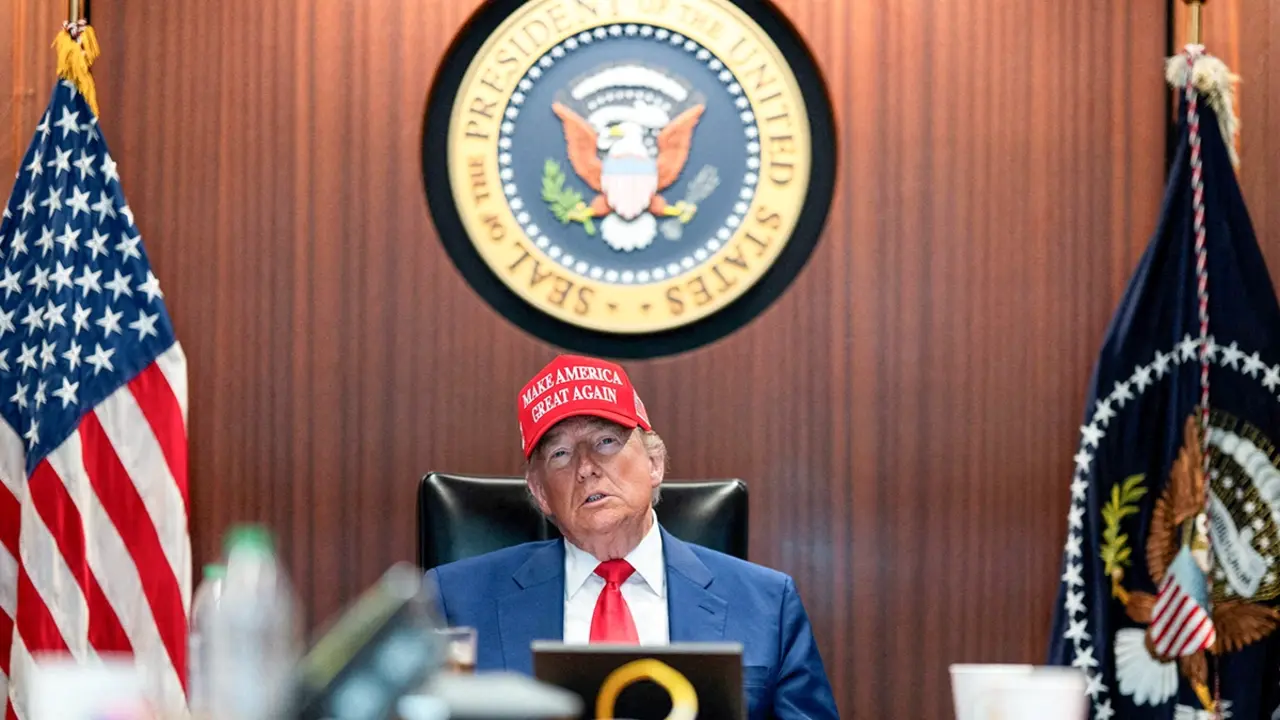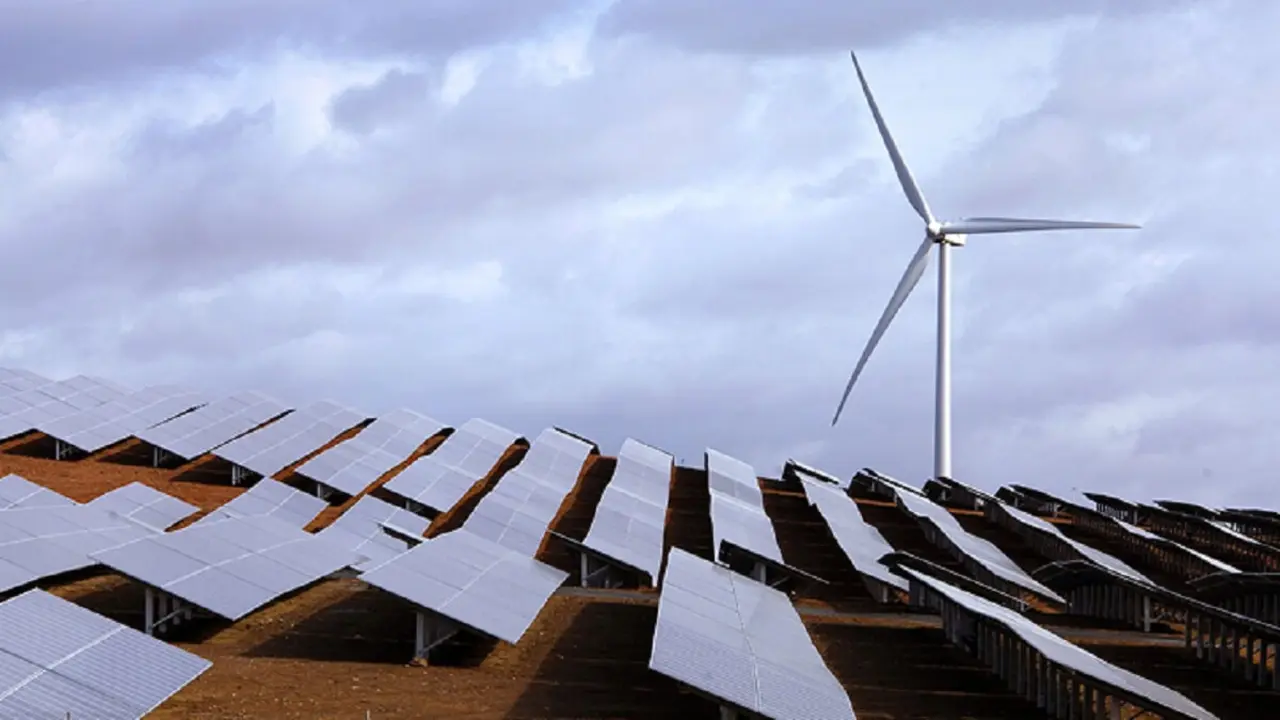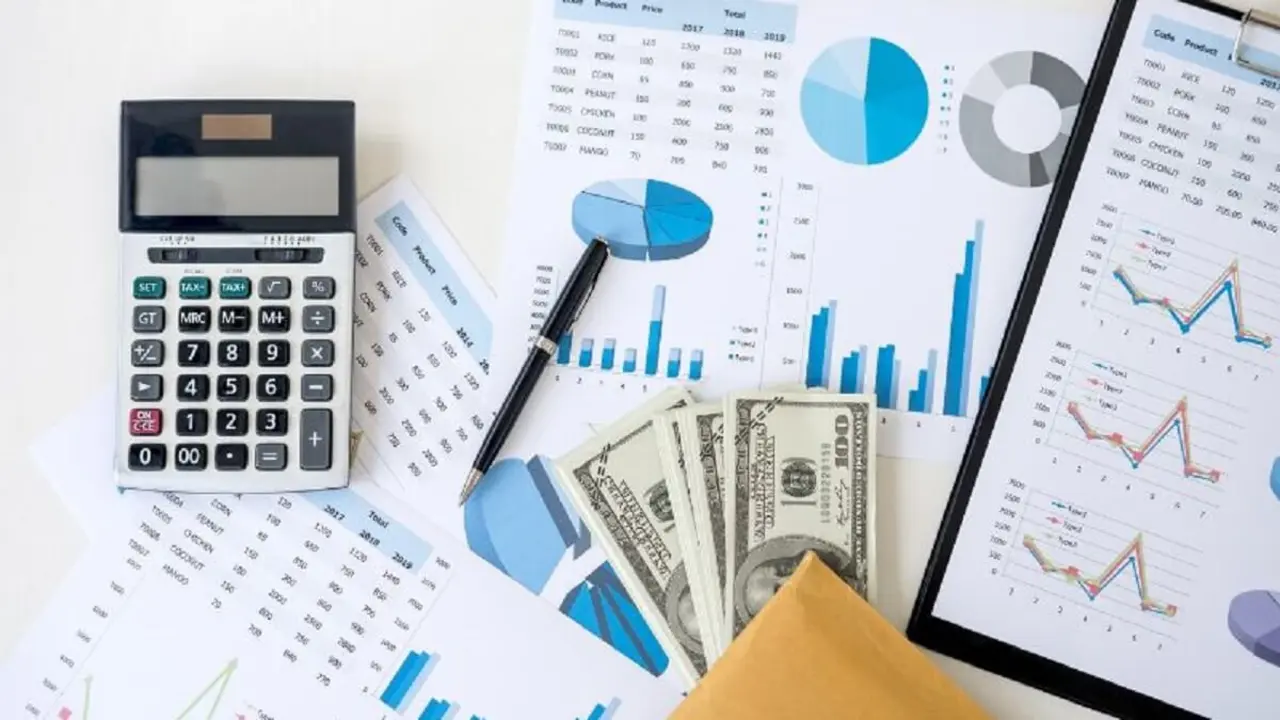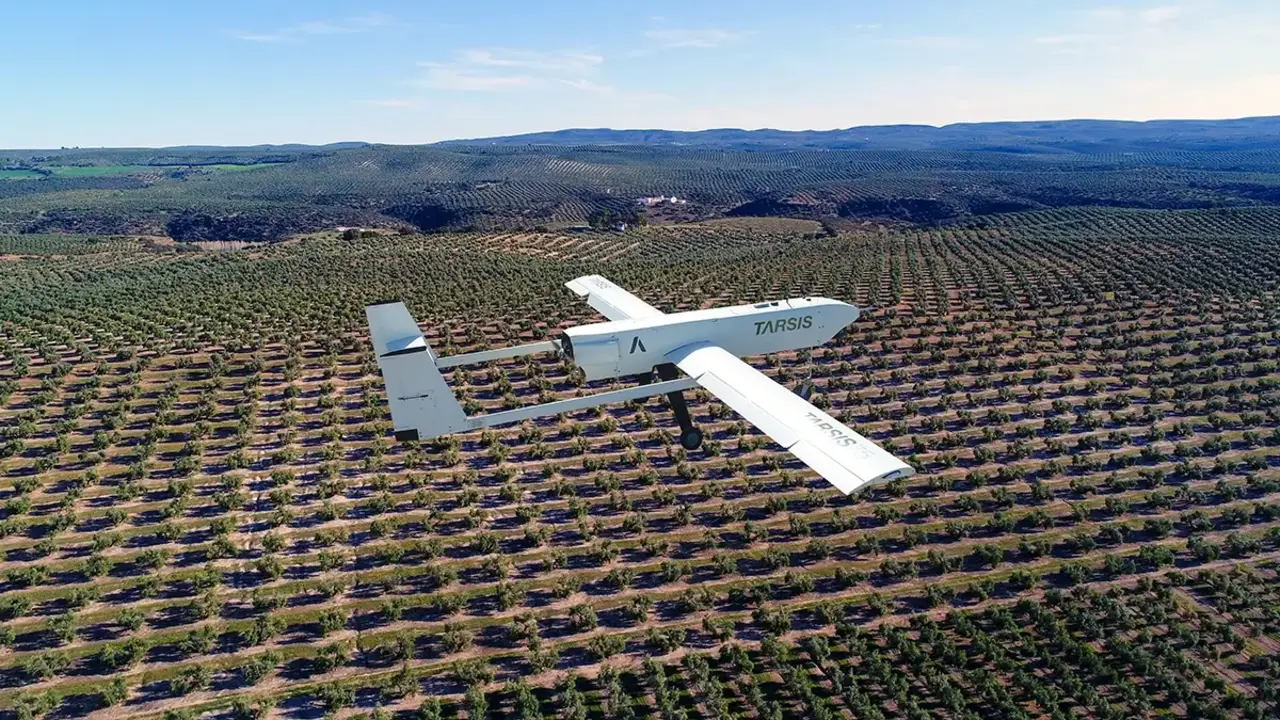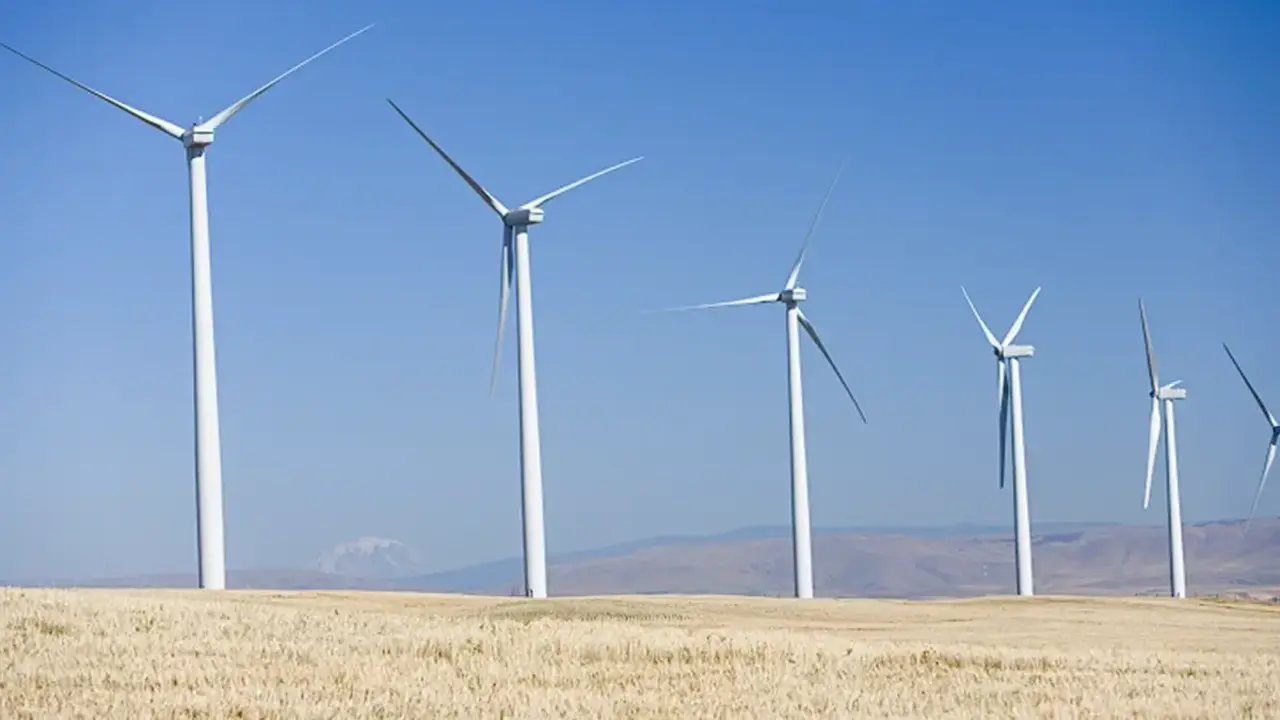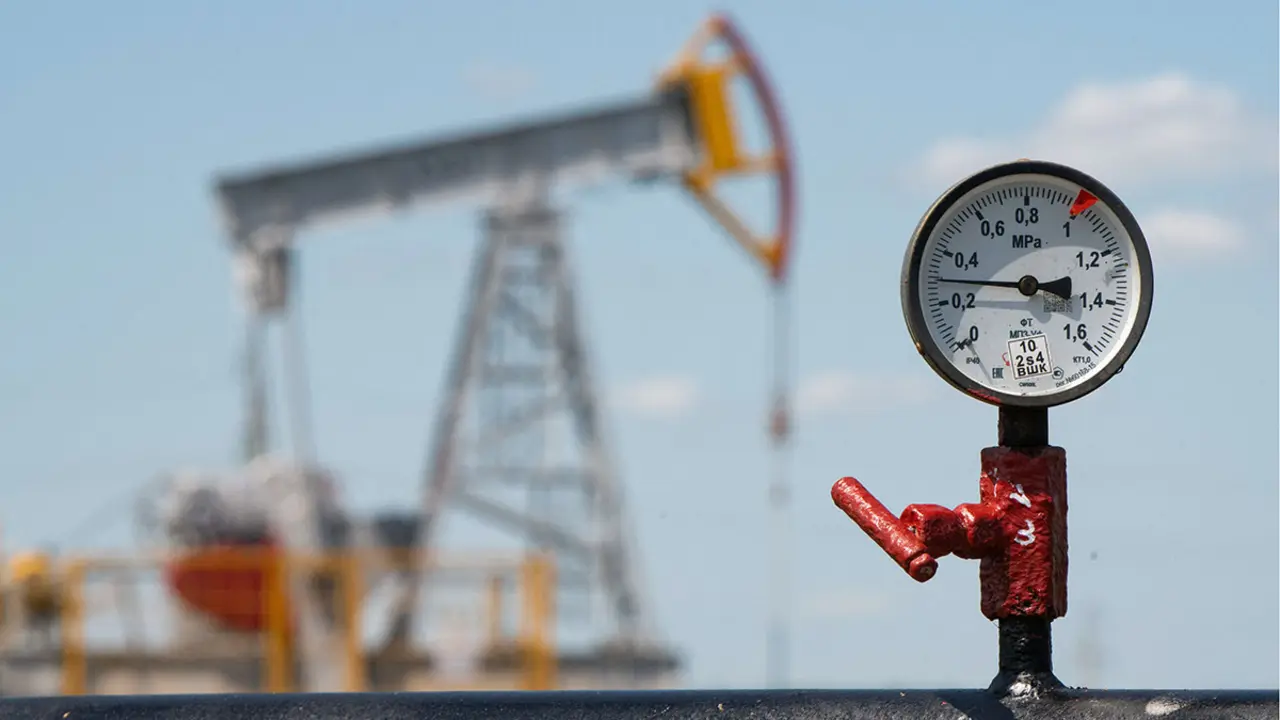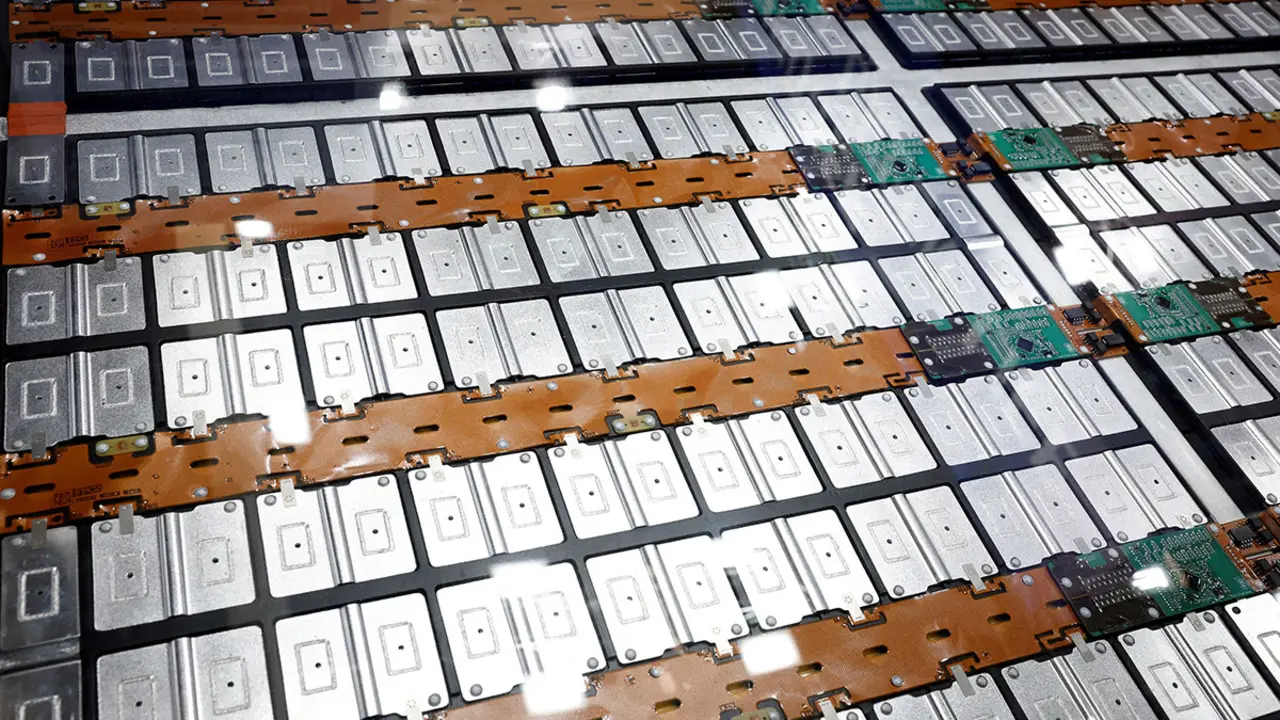Saudi Arabia turns to debt to boost megaprojects and reduce deficit

The Saudi economy has decided to take a further step in diversifying its sources of investment by attracting foreign investors and issuing debt through its subsidiaries to reduce its dependence on state funding.
To this end, the Public Investment Fund of Saudi Arabia (PIF) plans to adopt, in line with Saudi Vision 2030, a new strategy to solve the 40 billion dollars of debt that has been issued in 2025 and the spending forecasts of around 70 billion, while financing its projects.
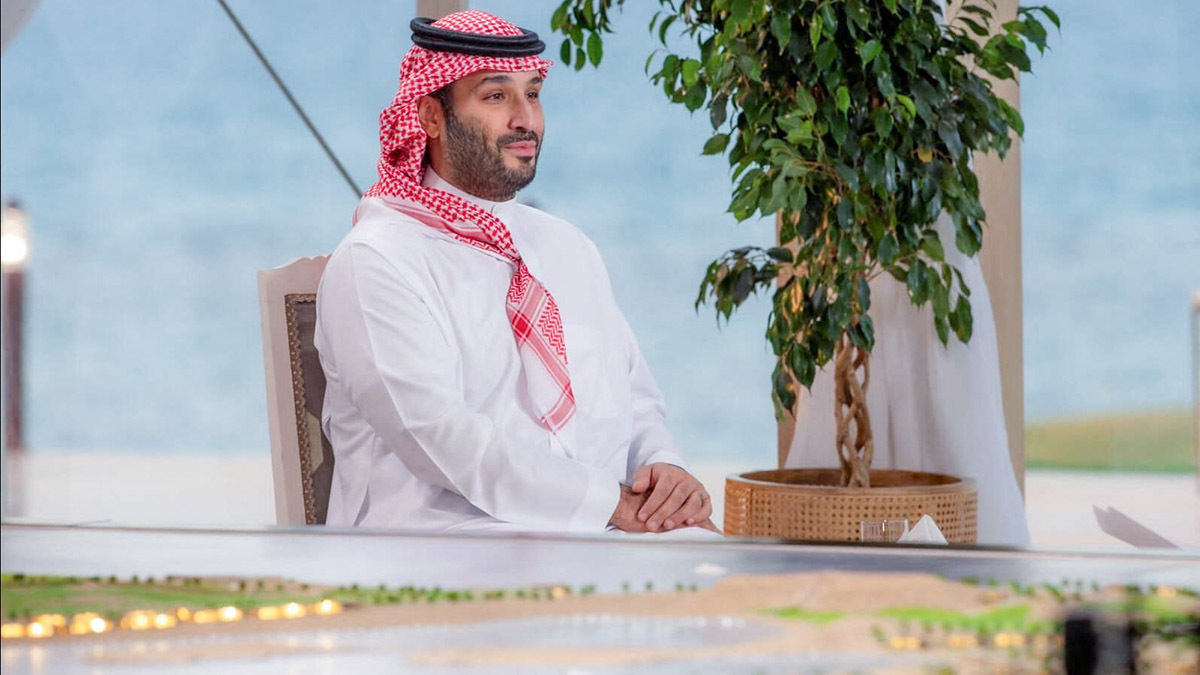
Among the fund's subsidiaries that may be chosen to take over the debt are NEOM and Avis. Similarly, the PIF will issue euro bonds for the first time to attract European and North American investors to the Saudi market.
‘The PIF is pushing its companies towards international markets to raise finance,’ Ali Dahloumal, credit research analyst at Global Research Of America
The closest precedent for a success story in terms of bond issues occurred in January when the PIF obtained 4 billion dollars after sukuk bonds (Islamic bonds linked to an underlying asset) were issued for a value of 1.25 billion dollars. These profits are in addition to the 14.3 billion that the PIF has raised since the beginning of the year.
An economy as dependent on hydrocarbons as Saudi Arabia's, where 70% of exports and 40% of the Gross Domestic Product (GDP) depend directly on the oil industry, faces significant financial challenges due to the ups and downs of petroleum products.

To prevent the problem from having serious consequences, the Government would need the price of a barrel of oil to be 108 dollars, as opposed to the current 70 dollars. Added to this is the fall in direct foreign investment and the budget deficit.
These conditions explain the decision of the crown prince, Mohamed bin Salman, to establish investment agreements with the United States over the next four years worth 600 billion dollars. However, the reduction in dividends from the national company Aramco could seriously affect the financing of the fund, so the situation entails many difficulties.
As a measure, Mohamed bin Salman has reportedly considered selling part of the share portfolio for a value of 461 billion dollars, which would be the highest ever sale of shares by any company, and introducing large companies to the Saudi stock exchange such as NUPCO, Saudi Tabreed and Saudi International Ports.
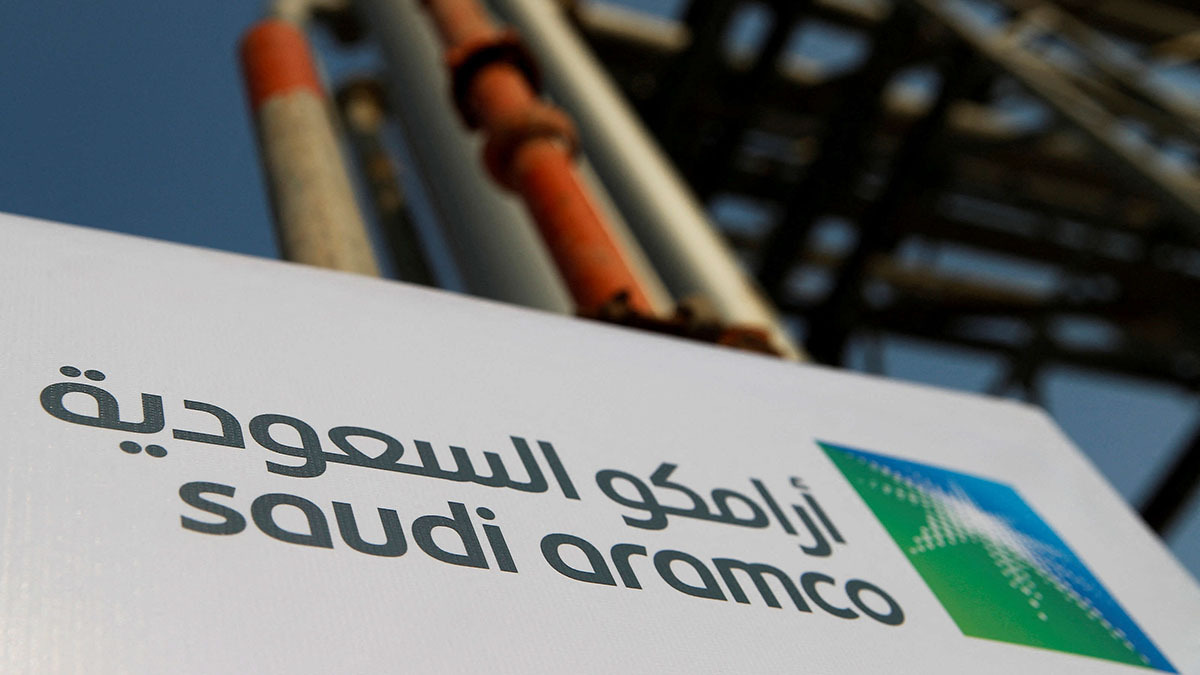
In recent years, especially after the pandemic, the PIF has promoted more than 100 companies in all the sectors in which Saudi Arabia is seeking foreign investment, such as tourism, artificial intelligence and energy; and has invested in projects such as Diriyah Holding Company, which is responsible for the transformation of a historic area with a budget of more than 63 billion dollars.
Of all these endeavours, the Saudi government hopes that the purchase of bonds will maintain the solid demand that it has enjoyed over the last five years. However, not all the projects have attracted the attention of the main investors. These facts have forced the PIF to announce that they will focus on national projects to safeguard the country's economic transformation, with the 2034 World Cup on the horizon.



